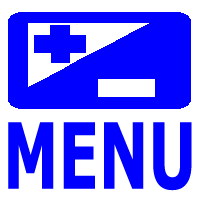Comments in C Language
A well-documention of program makes it more readable and error finding become easier. Comments in C language are used to provide information about lines of code. Comments are totally ignored by compilers. The Compiler does not generate executable code for these comments.
Comments in the C language can be classified into the following three types:
• Single line comment (// Comments)
• Multiline comment (/* Comments */)
• Document Comment (/** Comments */)
1. Single line Comment (// _ _ _ ) - Most of the time single-line comments are used at the end of the line or before the line. The Compiler ignores everything from // to the end of the line.
#include<stdio.h>
void main()
{
printf("Hello World!\n"); // display "Hello World!"
}
2. Multiline Comment ( /* _ _ _ */ ) - It is used to denote multi-line comment. It can apply comment to more than a single line. The compiler ignores everything from /* to */.
#include<stdio.h>
void main()
{
printf("Hello World!\n");
/* This is a multiline comment.
These line will be ignored by compilers.*/
}
3. Document Comments ( /**_ _ _ */ ) - These C comments are used for Documentation purposes. The statements placed inside these special characters are ignored by the compiler while compiling.
//Addition of two number
/**
* This Program Multiply two numbers.
* author: Mr. Gourav
* company: Know Program
*/
#include<stdio.h>
void main()
{
int a = 8, b = 15, c;
c = a*b;
printf("Multiplication = %d\n", c);
}
ADVERTISEMENT


